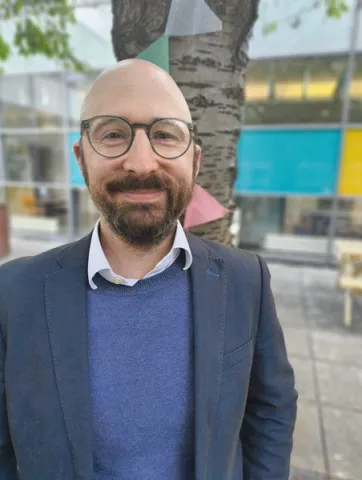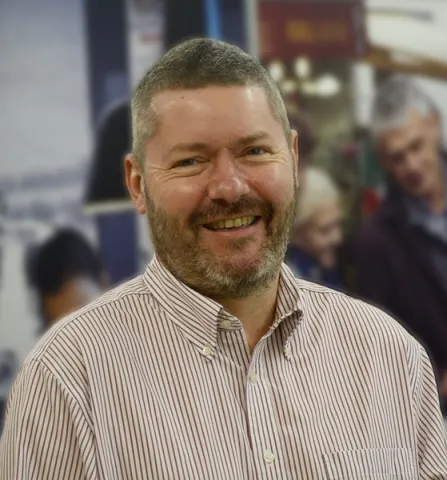Project overview
This project aims to contribute to the decolonising of Victorian history and environmental science. We shall address the present-day historical and ecological implications of the Victorian period, when the ‘discovery’ of Africa by Europeans was reaching fever pitch, and when ‘great’ white explorers were busy at work defining or making sense of Africa according to their own assumptions and biases. The legacies of this for the present are clear. The environmental sciences lack diversity, and the histories of exploration and knowledge creation are still invariably told in ways that minimise the roles of Africans. This old model requires new insight and a new, decolonised energy. Our case study focuses on the yet to be studied collection of Victorian explorer Frank Oates, held at the Gilbert White’s House museum in Selborne, northern Hampshire. We will work with the collection not as an act of biographical recovery telling us about Oates, but as the basis of a decolonisation work revealing marginalised indigenous voices and activities hitherto untold. This research will form the basis for a sustained collaboration with the museum, a curatorial specialist working on decolonising, and a network of History and Geography/environmental science teachers. The resultant co-creation of teaching resources and practices will move the decolonisation narrative forward by exploring ways the next generation of students can learn of more diverse and inclusive socio-cultural and environmental histories.

